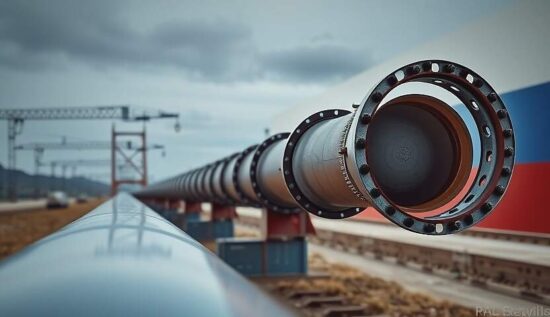The Czech Prime Minister, Petr Fiala, has announced the completion of the modernization of the TAL oil pipeline, which will enable the country to stop importing oil from Russia, according to a report by Reuters. The transalpine pipeline is now capable of meeting the country’s entire oil demand, and the Czech Republic is no longer reliant on the Druzhba pipeline.
Fiala is quoted as saying that this is “a decisive moment for the Czech Republic” because Russia will no longer be able to “use energy supplies to blackmail” the country.
The pipeline’s certification is not yet complete, but the republic can already count on TAL in the event of a disruption to the Druzhba supplies, the Prime Minister stated.
On December 4, the oil production through the pipeline into the Czech Republic was halted. Transneft explained that the pipeline was functioning normally on Russian territory. The Russian oil supplies through the Druzhba pipeline were resumed on December 6.
Mero, a Czech oil company, expects to increase its oil deliveries through TAL in the second quarter.
The TAL pipeline connects the Italian port city of Trieste, where oil tankers arrive, to Germany, and the oil then flows through the Mero pipeline into the Czech Republic.
Two strands of the Druzhba pipeline run through Europe. The pipeline branches off in Mozyr, Belarus, with the southern strand leading to Ukraine, Hungary, Slovakia, and the Czech Republic, and the northern strand to Poland and Germany. Oil production from Russia through the northern strand was halted due to EU sanctions, and the pipeline now transports oil from Kazakhstan to Europe.
In the spring of 2023, Fiala announced that Mero and the Italian TAL group, the pipeline’s operator, had signed an agreement to increase the pipeline’s capacity to replace the supplies from the Druzhba line, thereby increasing the delivery volumes to the required seven to eight million tons of oil per year.





